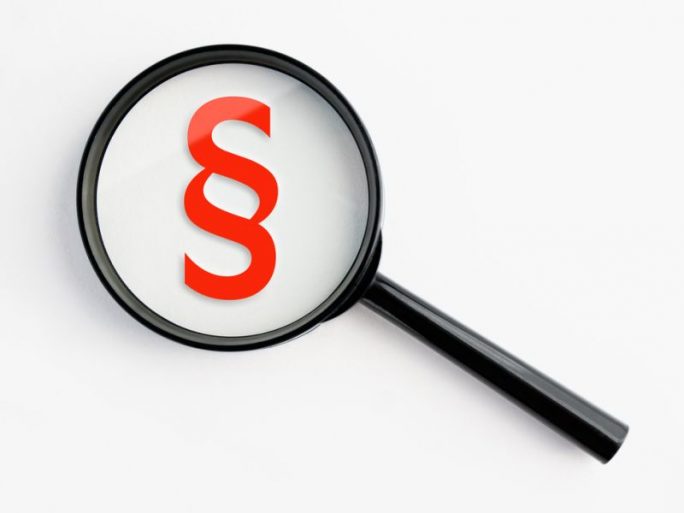When AI Writes The Exam Paper

Lawyer Michael Metzner warns of possible risks in terms of data protection and copyright when using ChatGPT and Co.
Artificial intelligence has already changed the realities of numerous fields of work, so that no one can be sure any more that content actually comes from a human author. In addition to the extensive rights to images, apps like Lensa also claim the right to use the works of other creators for artificial intelligence training. Many users are often unaware of this, as they usually do not read through the terms of use in detail. This leads to questions related to copyright and potential risks for AI users.
Can AI use my works to generate content?
Chatbots like ChatGPT do not generate content from their own creativity, but are essentially based on existing content from other creators. However, the programme learns on its own to improve this content, which leads to it becoming better and better at creating human-like content. Legally, creators have little option to prevent AI from using their works for machine learning, as this type of use has been explicitly permitted by copyright law since 2021. However, to prevent AI from using their content for machine learning, authors can use the machine-readable reservation of use.
What about copyright protection for content created by AI?
An important question in the context of AI-generated content concerns copyright protection. EU copyright law states that a work must be original and created by a human creator to be protected. So AI-generated content would not be protected because it was not created by a human creator. However, if users edit the AI-generated content and create something original from it, they can become the creator of the new work.
In practice, it is often difficult to determine whether a piece of content originates from an AI or not, and therefore one should assume a right of use under copyright law for all texts. In order to better regulate this in the future, cooperation between IT and legislators is necessary to create a transparent system for identifying AI.
Can AI content be used without risk?
Anyone planning to use chatbots or other AI systems in their everyday work should be aware of the legal risks. Although AI systems create new content from various sources and do not simply copy existing texts, there is still a risk of copyright infringement. Since AI systems do not critically evaluate sources, these sources themselves may potentially be plagiarised.
If AI systems are deliberately used to imitate existing content, users are liable in case of copyright infringement. Therefore, users of AI systems should limit themselves to everyday and routinely produced content for the time being, as the risk of using distinctive passages from foreign sources is higher for more complex content.
May content created by AI be copied?
Professional users of AI tools run a risk if competitors discover that content on their website was created by AI systems. A competitor could copy texts and descriptions with impunity, which could cause the website to lose uniqueness. Therefore, users of such technologies should take care to critically review extensive content and add individual changes to ensure the uniqueness of the content.
![]()
is a lawyer for copyright and media law as well as for intellectual property law. His areas of expertise include e-commerce, online shops, trademarks and designs, copyright law as well as media and photo law.